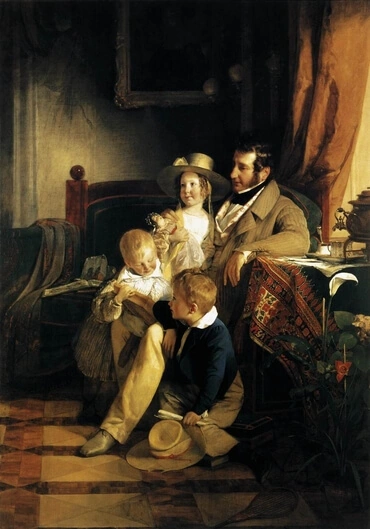1
I reče mi: Sine čovečji, ustani na noge da govorim s tobom.
2
I uđe u me duh kad mi progovori, i postavi me na noge, i slušah Onog koji mi govoraše.
3
I reče mi: Sine čovečji, ja te šaljem k sinovima Izrailjevim, k narodima odmetničkim, koji se odmetnuše mene; oni i oci njihovi biše mi neverni do ovog dana.
4
K sinovima tvrdog obraza i upornog srca šaljem te ja, pa im reci: Tako veli Gospod;
5
I poslušali ili ne poslušali, jer su dom odmetnički, neka znaju da je prorok bio među njima.
6
I ti, sine čovečji, ne boj ih se niti se boj njihovih reči, što su ti uporni i kao trnje i živiš među skorpijama; ne boj se njihovih reči i ne plaši se od njih što su dom odmetnički.
7
Nego im kaži reči moje, poslušali ili ne poslušali, jer su odmetnici.
8
Ali ti, sine čovečji, slušaj šta ću ti kazati, ne budi nepokoran kao taj dom nepokorni; otvori usta, i pojedi šta ću ti dati.
9
I pogledah, a to ruka pružena k meni, i gle, u njoj savijena knjiga.
10
I razvi je preda mnom, i beše ispisana iznutra i spolja, i beše u njoj napisan plač i naricanje i jaoh.








